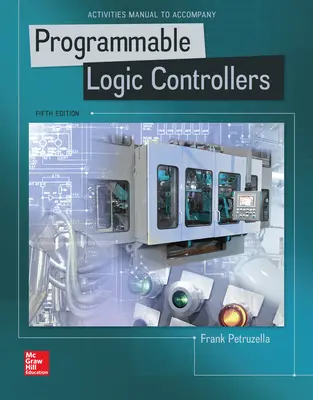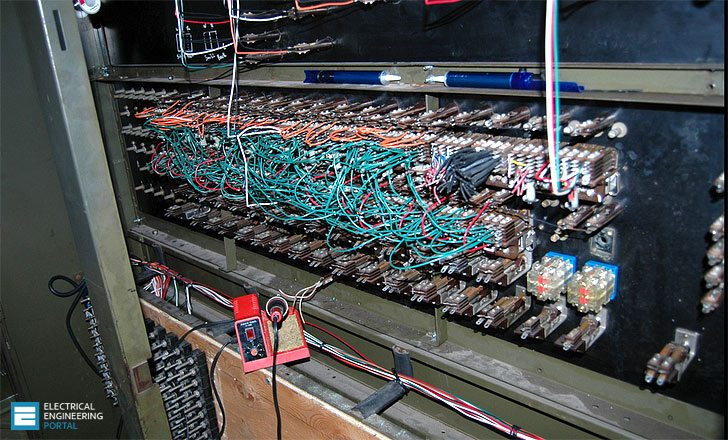Little Known Questions About Programmable Logic Controllers - Drexel Engineering.

How Programmable Logic Controller Overview in Industrial - Intel can Save You Time, Stress, and Money.
In today's society, we rely on automated equipment to carry out a number of our most crucial industrial processes, from producing electrical power to weaving fabric. Automation technology has permitted us to scale new heights of production and development. But our present level of automation wouldn't be possible without a crucial development called the programmable reasoning controller (PLC).
Our newbie's guide to PLCs will introduce you to the fundamentals of PLCs, speak about why these controllers are so crucial and offer a fast guide on how they work. We'll also discuss a few of Polycase's best electrical enclosures for PLCs that will safeguard your most crucial control systems.
Fundamentally, a PLC's task is to control a system's functions utilizing the internal logic programmed into it. Companies around the globe usage PLCs to automate their essential procedures. A PLC takes in inputs, whether from automated data record points or from human input points such as switches or buttons.

Get This Report on Programmable Logic Controllers (PLC), Certificate of
A PLC's outputs can manage a big variety of devices, consisting of motors, solenoid valves, lights, switchgear, security shut-offs and many others. The physical place of PLCs can vary commonly from one system to another. Normally, nevertheless, PLCs lie in the basic vicinity of the systems they operate, and they're typically safeguarded by a surface mount electrical box.
PLCs largely replaced the manual relay-based control systems that were common in older industrial centers. Relay systems are intricate and susceptible to failure and, in the 1960s, the innovator Richard Morley presented the first PLCs as an option. Producers quickly recognized the potential of PLCs and began integrating them into their work processes.
In fact, they're still the most secondhand commercial control innovation worldwide. The capability to deal with PLCs is a needed skill for several occupations, from the engineers designing the system to the electrical specialists keeping it. Another Point of View have been a basic element of industrial equipment design for numerous decades.
Not known Facts About PLCs - Other Products - Toshiba International Corporation

Their shows languages are simple in comparison to other commercial control systems, which makes PLCs excellent for businesses that wish to lessen intricacy and costs. PLCs are a fully grown technology with years of testing and analysis backing them up. It's simple to find robust research about various PLC types and detailed tutorials for programs and incorporating them.
UNDER MAINTENANCE